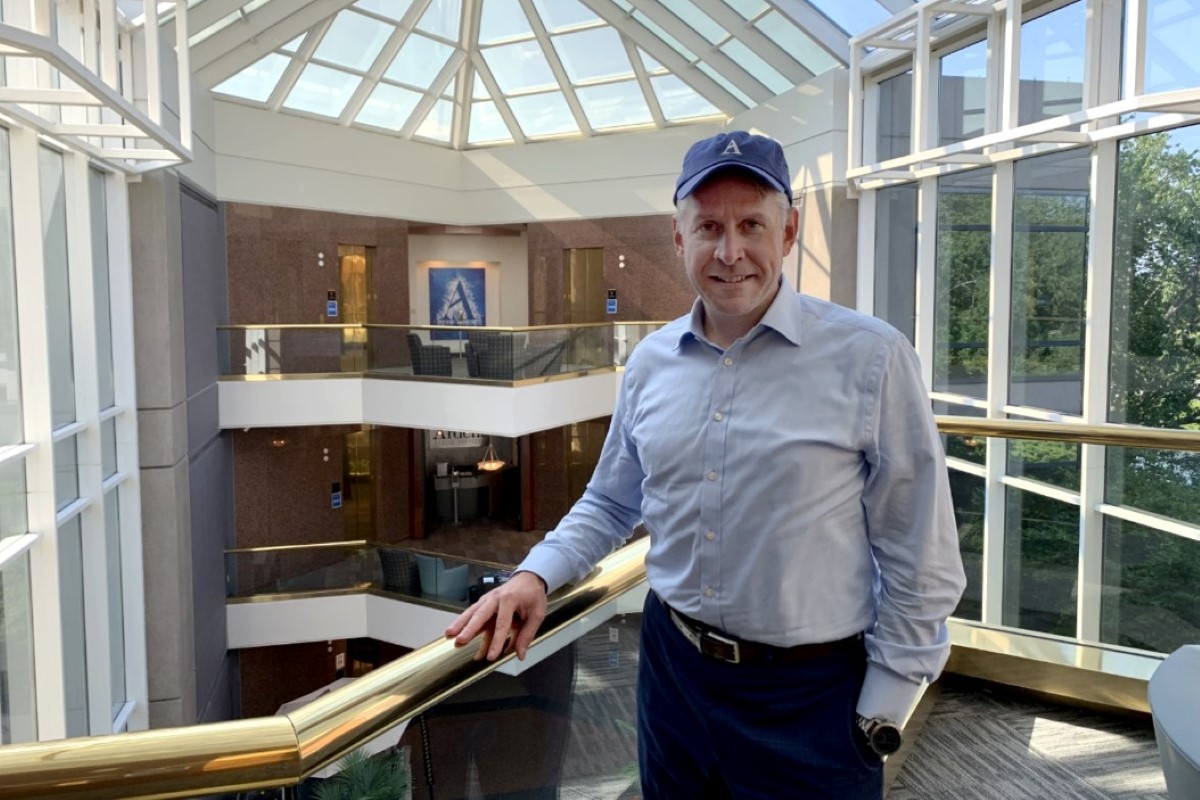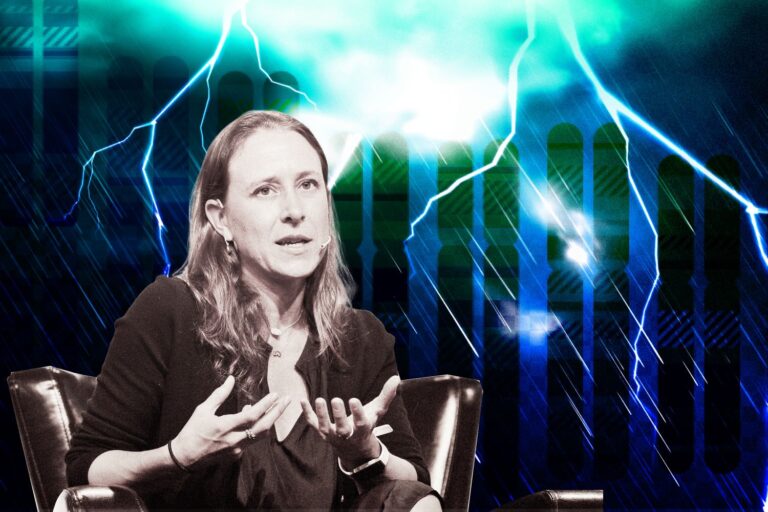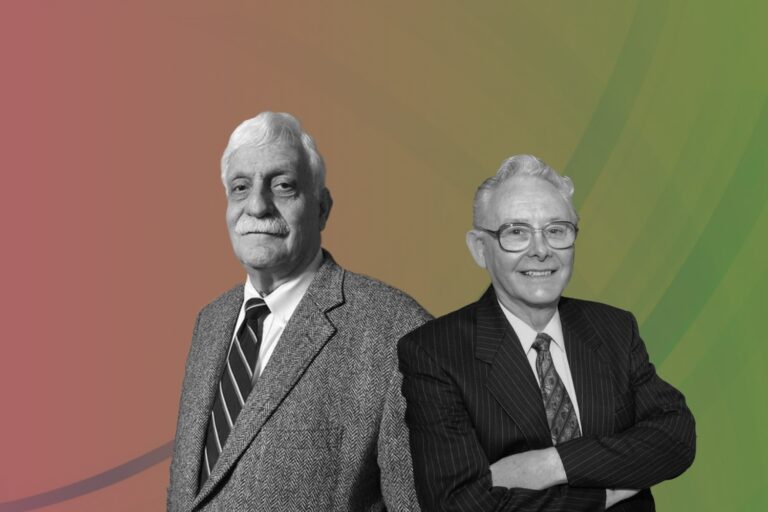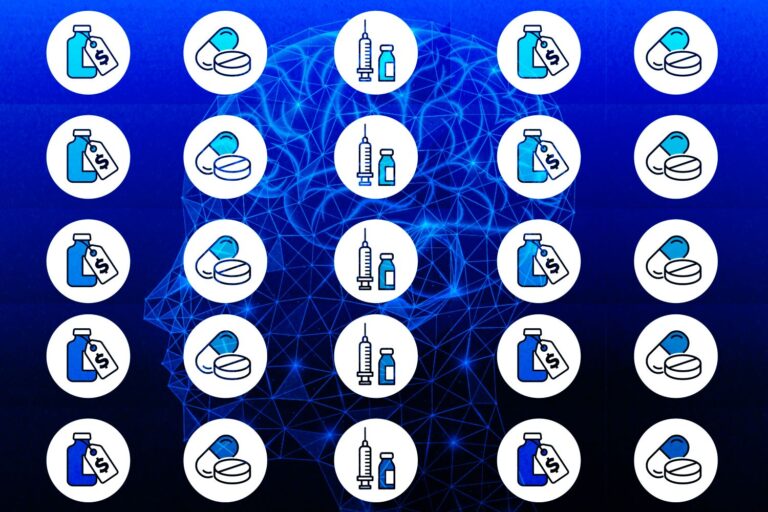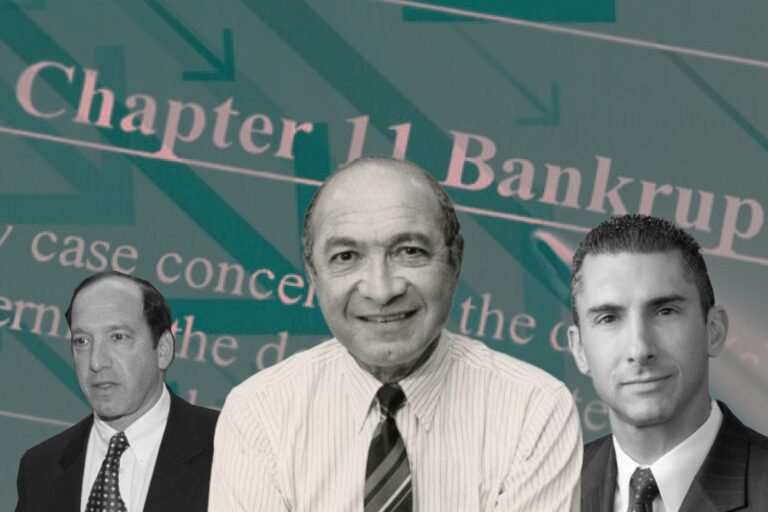Ardent Health Services and Its Success from the Principle of Trusting
Founded in 1993 as Behavioral Healthcare Corporation, and based in Nashville, Tennessee, Ardent Health Services is an owner and operator of acute-care hospitals and other medical facilities. In 2001, a private equity firm became the majority owner of the company, turning it into an investor-owned health delivery company. It’s a premier provider of health care services, delivered with compassion for patients, with respect for employees, physicians, and other health professionals. From its roots in behavioral health to the groundbreaking partnership with leading real estate investment, Ardent has earned a reputation as one of the industry’s strongest and most innovative hospital operators.
Some Traits about the Company’s Talented Leader
Martin Bonick has been named President and Chief Executive Officer of Ardent Health since mid-August 2020 with 25 years of leadership experience in the healthcare sector, including for-profit, non-profit, public, and private companies. His extensive background in hospital and clinic operations drives his approach to partner with medical staff and cultivate a culture of patient-centered transparency and collaboration. He is a seasoned executive who has a demonstrated track record of delivering high-quality patient care, streamlining processes, and expanding healthcare businesses.
“I have long admired Ardent Health Services for its consistent focus on quality, service, culture, and innovative partnerships, which has resulted in significant growth. Now more than ever, I believe these fundamentals are important as healthcare providers embrace today’s challenges and develop new ways to deliver care. I am honored to rejoin the company at this important time and look forward to partnering with employees, medical staff, and the board to build on Ardent’s strong foundation,” said Bonick.
“Trust the process and support the team” has been a mantra for Bonick since he took over his role at Ardent Health. Running a network of hospitals across six states, he has been trying to travel to as many markets as possible to meet team members and to discuss his strategic aims. In that way, the organization has benefited from sharing ideas across markets, and it has become nimbler while confronting the pandemic on several fronts, in his opinion.
Taking an Important Role in the Hardest Time

Five months into the pandemic, Bonick took the helm of Ardent Health as only the second president and CEO in the company’s 19-year history, which was the greatest challenge of his career. At that time, he was largely unknown to the company’s thousands of employees, while most of the hospitals and clinics were in the thick of caring for patients onsite and virtually. When it comes to how to step in and lead a healthcare company in the middle of an unprecedented crisis, there are many valuable lessons that Bonick has learned along his journey of becoming the new leader of a health system.
Lesson #1: Believe in the Process
When he came on the scene, Ardent’s herculean efforts were already underway. He knew it would be important to trust the process as he ramped up my understanding of how the company was managing operations in unpredictable times. “In the spirit of complete transparency, these metrics, along with important updates on protocol changes, were shared throughout the company,” Bonick shared. “Supply chain leaders were busy ensuring that an adequate stock of personal protective equipment was on hand, as national vendors were running short.”
Lesson #2: Assist People in Place
According to Bonick, people are what make an organization. Understanding that, he has looked forward to getting to know team members across Ardent as he continues onsite visits. He knows that clinical and non-clinical staff throughout the company have sacrificed, faced fears, and stretched beyond their job duties for longer than anyone could have foreseen. For that reason, supporting them is one of the top priorities. Ardent creates spaces for employees to express their feelings, and executives are rounding up staff on a daily basis with a purpose, infusing small moments of fun such as refreshments or games.
“As a company, we are emphasizing the importance of self-care, offering employee wellness and assistance services and mindfulness apps. More than ever before, our staff has demonstrated their resiliency and dedication to our purpose of caring for people under extraordinary circumstances. I, too, am fully committed to taking care of our people and consider this my top priority and responsibility. This philosophy will be critical to our success going forward,” he said.
Lesson #3: Be Open to Alternatives
According to Bonick, when faced with few alternatives, people and organizations manage to do what they once viewed as too difficult or even impossible. At Ardent, clinical staff innovated ways of providing excellent care while minimizing the risk of exposure. Ardent has proved its ability to be adaptable as it learns to deliver care in new ways, despite its size. Being open to new technology would help the company as it welcomes patients to digital front door, applying artificial intelligence and exploring enhanced connectivity through its electronic medical record platform.
Continuously, the company fosters greater collaboration, sharing best practices for the greater good of its patients and its employees. “While no one enjoys operating in an environment lacking consistency or predictability, learning what you can accomplish under pressure builds better and faster teams. Knowing why you need to do it brings teams closer together with a common purpose that fuels momentum despite obstacles or setbacks,” said Bonick.
Lesson #4: Change the Perspective
In Bonick’s point of view, how we see change matters and his philosophy is to embrace it. If we see change as something happening “for us” not “to us”, we tend to respond positively. “To ensure we are putting our company in the best position, both now and for future growth, I believe in being tough on the issue but not on the person. It is human nature to be invested in past decisions or plans. When we take time to step back and apply today’s unique conditions objectively, however, the best decisions may require embarking on a new route. This is essential to remaining nimble and responsive,” he recommended.
Fostering the Culture of Purpose in and out
For many employees at Ardent, their work isn’t just a job but a calling. The company believes that working in the healthcare space provides its employees with a unique opportunity to engage with individuals, frequently through some of their most difficult and stressful times. Making a connection with the company’s mission can lead to meaningful careers that help patients and their families. In doing so, Ardent begins its every meeting with the mission statement highlighting the four key tenets – compassion, respect, accountability, and responsibility, which are the foundation for everyday working.

The belief that one person or one moment can make a difference in someone’s life is known as “the power of one” at Ardent. The company has realized that the specific actions and attitude of one person can have a positive or negative impact on a patient’s experience, those interactions can change the outcome of their experience. That is why connecting to Ardent’s purpose is a primary focus across the company. It has been an intentional and constant activity at Ardent, whether it’s at the start of a meeting, in an internal newsletter, or on social media.
The cultivation of this purpose-driven culture begins on the first day of employment when new workers are welcomed to Ardent. On a regular basis, the leadership team hosts all-employee meetings at the corporate office and virtual town halls for hospital and clinic teams. Employee engagement events, such as volunteer activities are opportunities for team members to give back to the community and socialize with one another. Sharing that message with colleagues has given them the confidence to realize that their work, enthusiasm, and attitude actually matter.
As a company, Ardent made a commitment to provide consistent training for all employees at corporate and in the field. When it comes to senior leader rounding, it’s critical to recognize individuals and teams when they perform well. The purposeful approach has been well-received by employees, who are invigorated by the influence each interaction can have on their patients and their own experience. This connection has helped keep morale high, and employees gave overwhelmingly positive feedback about their experiences. To conclude, building a culture of service excellence does not happen by chance, instead, it must be intentional.
Remarkable Factors Contributing to the Success
To operate at its best, Ardent has been investing in people, technology, facilities, and communities, focusing on evidence-based practices to improve quality care and patient outcomes. There were a number of elements that were critical to the company’s development. In a crowded space as healthcare, Ardent makes itself stand out by focusing on structure and sticking to guiding principles to create a process that is not just efficient but also repeatable. Now let’s look at some noticeable key factors that contribute to the company’s today success!
Factor #1: Operational Engagement
Any organization’s engagement should begin at the top. Stakeholders were engaged at the operational level from both a clinical and a business perspective. Additionally, Ardent’s managers had a strong knowledge of their departments’ key business metrics and the driving forces behind any variances in charges and patient volume. This degree of engagement and understanding makes it easier for the whole company to identify potential issues and make necessary course corrections along the way in planning and testing.
Factor #2: Efficiency at the Core
Ardent’s main goal is to provide the best possible patient care while also boosting efficiencies. Many parts of the implementation reflected this intrinsic culture. For instance, the company took a lean build approach by staffing to minimum levels for the implementation, focusing almost exclusively on employed staff so that they can add temporary external resources as needed for targeted shorter engagements. In that way, efficiency is seen as a core tenet of Ardent’s approach. The employees carefully adhere to what was referred to as “the Ardent Standard”, which gives them the plan to move forward with proven results and helped drive efficiency.
Factor #3: Group of Decisive Executives
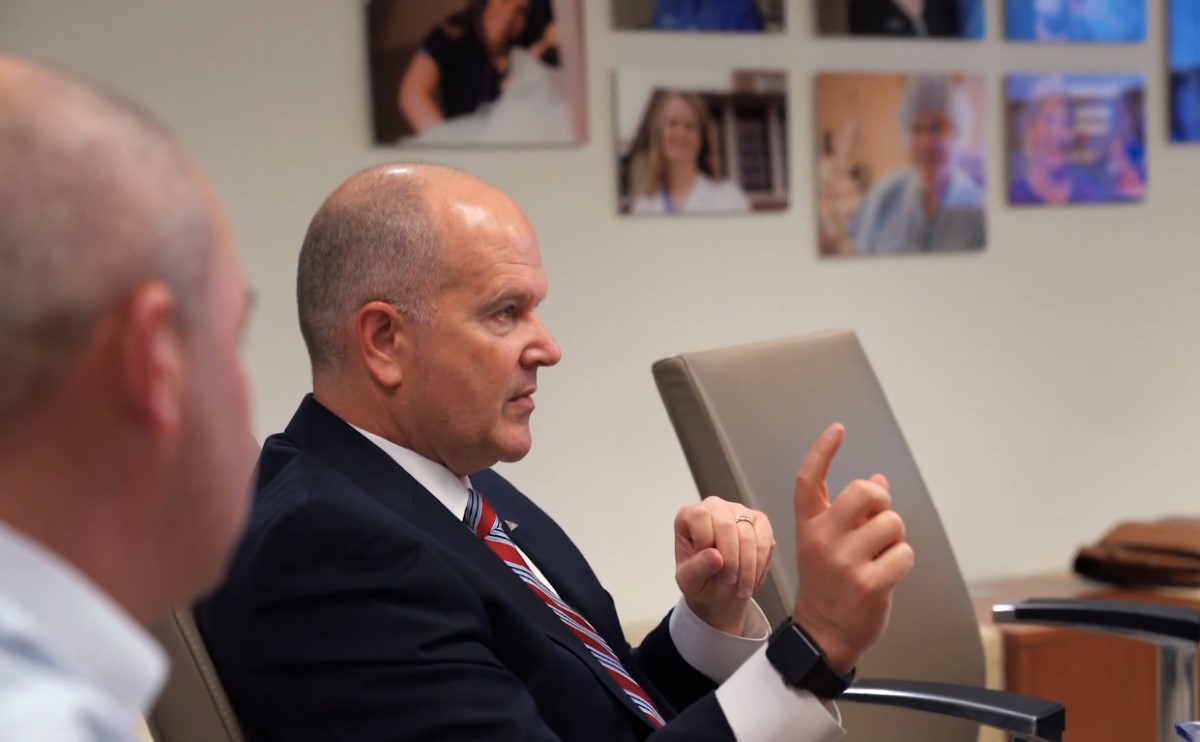
Rather than relying on a broad consensus to make decisions, important implementation decisions were made by a small group of executives from across the organization. At Ardent, stakeholders were represented in the planning process by these small groups of people who were intentionally recruited and empowered to speak for their peers. Once a decision was made, the company did not revisit it unless clear evidence emerged that it was critical to do so. This avoided the loss of traction seen in many implementations where decisions are delayed, rehashed, or changed based on parochial preferences.
Factor #4: Procrastination Prevention
When an implementation schedule falls behind, it’s common to postpone work for later go-lives, which can have a negative influence on downstream rollouts. Ardent chose the more difficult path of adding resources as needed to stay on track. Spending more hours upfront to address outstanding project tasks was a core principle. A cleaner single build, less risk for regression test failures between markets, and more time to manage activation-readiness tasks give an advantage to roll-outs.
Factor #5: Trusted External Partner
Another essential component was Ardent’s early enlistment of Impact Advisors, who were brought in as a partner to help the company succeed. Impact Advisors help evaluate important decisions, provide direction on possibilities and risks, provide significant insight into various aspects of the project, and offer real-world ideas on how to make any needed modifications through meetings and monthly updates. It’s vital for Ardent to have a trusted partner with this depth of experience to maintain a rapid pace while ensuring there were no compromises to patient care.
Considering the Space from a Post-Covid Perspective
“Healthcare workers demonstrated unparalleled dedication to caring for others throughout this pandemic,” said Bonick. “The physical, mental, and emotional toll they endured is unlike any other time in our careers. And now we are emerging with a greater appreciation for all who work in health care, recognizing the multitude of efforts needed to care for patients and one another. I’m proud of how our team stayed connected to our purpose of caring for others despite the challenges.”
According to Bonick, the company’s physicians, respiratory therapists, nurses, engineers, and leadership teams in the markets have been in the trenches during this war against the pandemic. As they put aside some things to address the crisis, they have rightfully maintained their focus on improving patients’ experience. The company has also continued to care for its employees and their satisfaction as well as wellbeing at work. When states issued stay-at-home orders, the hospitals remained open and the staff continued to carry out their duties.

“Healthcare is too important. We must seize every opportunity to embrace our patients’ needs and innovate to serve them better tomorrow. My goal in this new role is to stay true to our purpose, continue to embrace change, and accept big challenges. With hard work, dedication, creativity, and the support of a great team, Ardent will be an even stronger organization. It certainly isn’t the way that you would write your fairytale entry into an organization. I’ll say that for certain,” said Bonick.
According to Bonick, telehealth is also one of those things that Ardent has learned coming out of the pandemic, which was a great success story. There’s no doubt that the company will be continuing to embrace the digital front doorways of staying connected with its patients and offering different ways to access healthcare services without having to physically come into the facilities. Besides the support of technology, he found out that it’s the people is what really strengthens an organization, creating ways of cascading knowledge.
“I think Covid showed us that when we come together as an organization, focused on the purpose of improving what we need to do for our patients and we get laser-focused, we can do great things in a short amount of time. And so I think those lessons will continue, and we will continue to challenge ourselves in terms of how do we continue to evolve our healthcare system to better meet the needs of the patients,” Bonick shared.
The Bottom Lines
Under excellent leadership, Ardent has leveraged a comprehensive and broad implementation with minimal resources, in a compressed time frame, and achieved outstanding results. As we can see, the company’s journey requires a lot of effort and encouragement with many important factors that contributed to these successes. Hopefully, the lessons offered above would inspire today’s healthcare companies to continue to adapt, innovate and meet all the challenging needs of this ever-changing industry.

